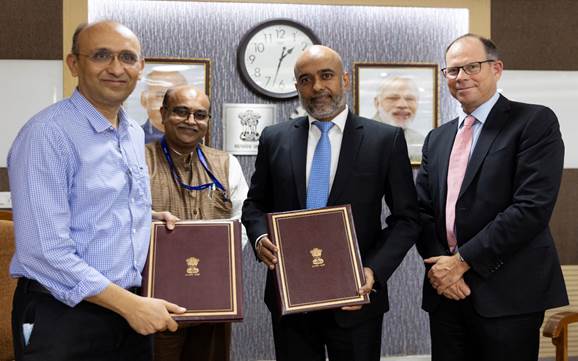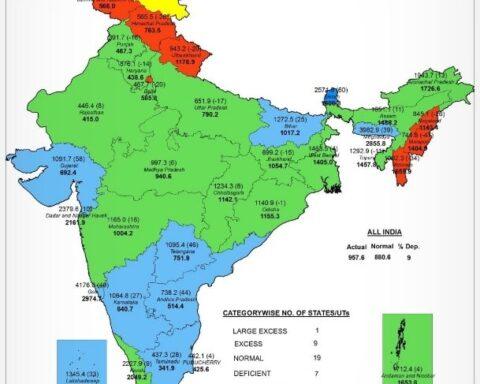The Department of Biotechnology (DBT) and the Bill & Melinda Gates Foundation renewed their memorandum of understanding (MoU), originally signed in 2012, to support innovative approaches for developing new preventions, therapies and interventions needed to solve health (human and animal), food and nutritional inequities on 7 June 2022 in New Delhi.
The partnership has pledged a combined $50 million investment to the joint initiative, to continue to explore and expand funding arenas and mechanisms to support innovators, focused on early-mid stage research and product development to tackle health and developmental issues.
Through the renewed MoU, the partnership will articulate and implement new strategic direction and continue awarding and administering a suite of programmes in the larger field of public health, tailored to fulfil the strategic needs and requirements of the country and then the rest of the world.
The event also saw the announcement of the latest open call for funding on diagnostics for Neglected Tropical Disease (NTD)-Lymphatic Filariasis (LF).
The call focuses on developing point-of-care, novel, cost-effective diagnostics for lymphatic filariasis for use in national LF elimination programmes. The goal of this challenge is to have a reasonably inexpensive, durable and accurate point of care testing method(s) that can be used in developing or remote geographies. Successful diagnostics or novel approaches set through this call would then be supported for further validation and development to understand that they would be used in public programmes for LF elimination.
DBT and the Gates Foundation had first signed the MoU on cooperation in the field of health and development issues on July 18, 2012, for five years, and later renewed for next five years till July 17, 2022.
In the last 10 years, programmes in diverse areas under maternal and child health, nutrition, sanitation, infectious disease, data science approaches have been undertaken under the partnership.
The programme has also brought together and leveraged the best of the nation’s researchers and innovators with international best-practices to address some of the grand challenges society faces.





























